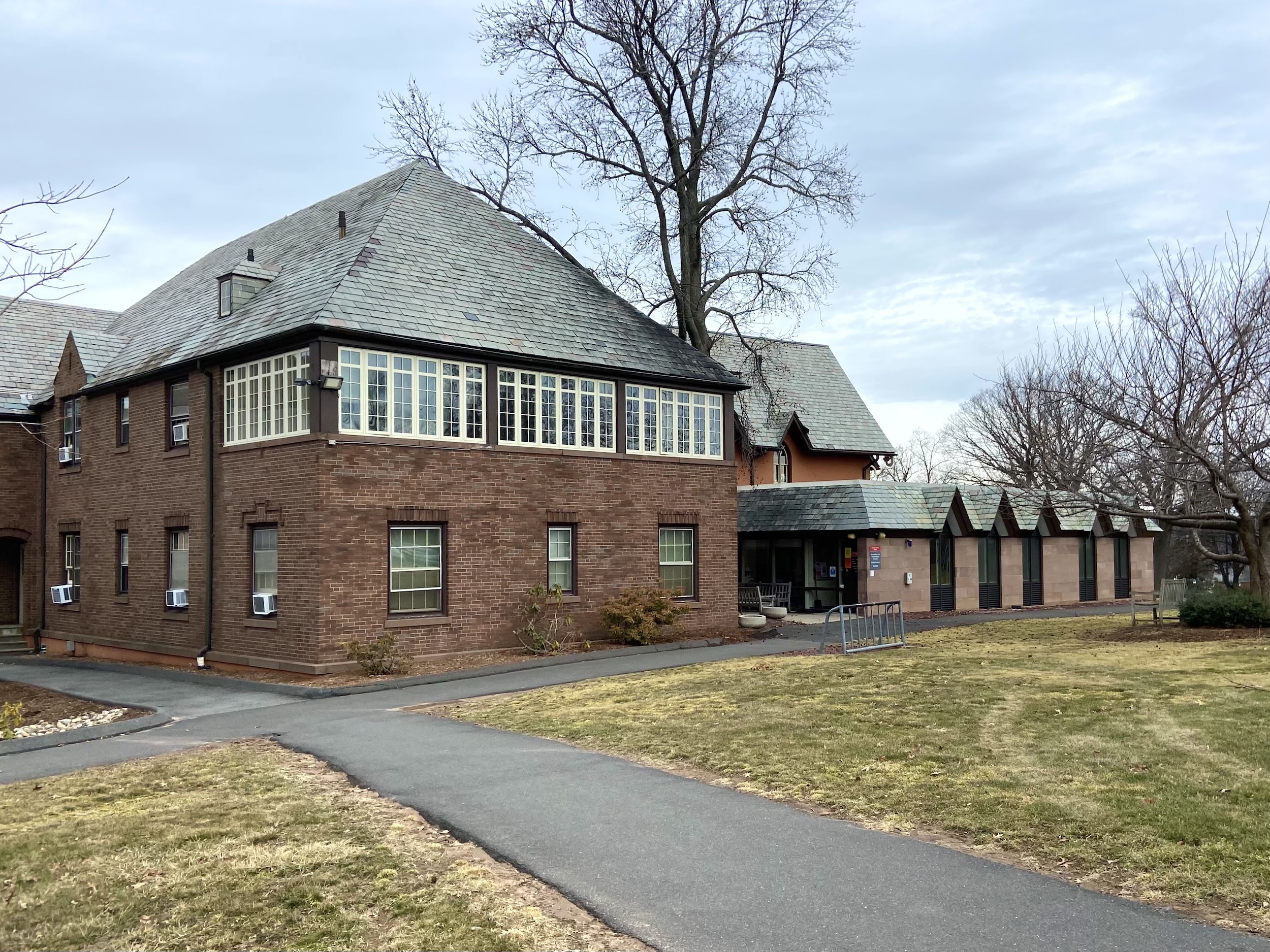
c/o Alexandra Turtil, Assistant Photo Editor
The University’s Counseling and Psychological Services (CAPS) announced the creation of a new mental health coalition on campus this semester. The decision comes in accordance with the approval of House Bill No. 6402 by the Connecticut General Assembly in July 2021, which enforced the establishment of mental health coalitions in every higher education institution in Connecticut.
Effective beginning January 2022, House Bill No. 6402 aims to increase accessibility of counseling tools and college mental health services through the establishment of mental health coalitions. The coalitions are intended to evaluate the current state of campus mental health services, determine any existing weaknesses that hinder students from acquiring the assistance they need, and recommend public health enhancements to mental health programs on campus.
“Each campus mental health coalition shall conduct an assessment of the presence of mental health services and programs offered by the institution…[and] review the results of such assessment and develop a plan to address any weakness in such services,” the bill states.
While the legislation orders colleges to organize a mental health coalition, each university is encouraged to tailor the specific functions of the committee to fit the needs of their respective student body. The new mental health coalition will assess and strengthen the University’s existing mental health services, with CAPS Director Dr. Jennifer D’Andrea and Vice President of Student Affairs Mike Whaley selected to lead the committee. Members of the Wesleyan Student Assembly (WSA) are also slated to join the project, though the specific students have not yet been selected.
Dr. D’Andrea emphasized her gratitude towards the General Assembly for allowing the oversight of student mental health to remain in the hands of the university, viewing it as a means to amplify the commitment to improving student mental health services.
“I appreciate the fact that the state of Connecticut recognizes a responsibility to support the mental health of all college and university students, while at the same time realizing that only the individual institutions can determine how to best support the mental health and wellbeing of their student communities,” D’Andrea wrote in an email to The Argus.
Whaley also explained that he saw the mental health coalition as an opportunity to bring together the voices of students, staff, and other campus organizations in identifying and tackling mental health challenges.
“The purpose of the coalition is to bring together members of various campus constituent groups to assess the mental health services and programs offered by the institution,” Whaley wrote in an email to The Argus. “As in many areas across the institution, student leaders give voice to critical issues and always help us to arrive at better solutions to meet the challenges we see.”
Whaley explained that the University’s coalition will focus on direct services, virtual therapy tools, and resilience-building through a public health lens. He also emphasized that the coalition will rely on student participation to be able to improve mental health services on campus.
“[The] WSA will play a pivotal role in this regard, but there are other students focused on these issues who we also want to hear from as we begin to move forward,” said Whaley.
Although the pandemic and the usual strain of college academic and social demands has impacted the mental health of college students, Whaley is confident that the mental health coalition will elevate existing health services and improve the quality of student life.
“CAPS, Student Affairs, and WSA have continually been thinking about how to better support students’ mental health needs,” Whaley wrote. “The pandemic has exacerbated [existing mental health] issues. The CAPS team is committed to supporting Wesleyan students so they can be successful in their academic and campus life.”
Aaron Goldberg can be reached at agoldberg@wesleyan.edu.
Comments are closed